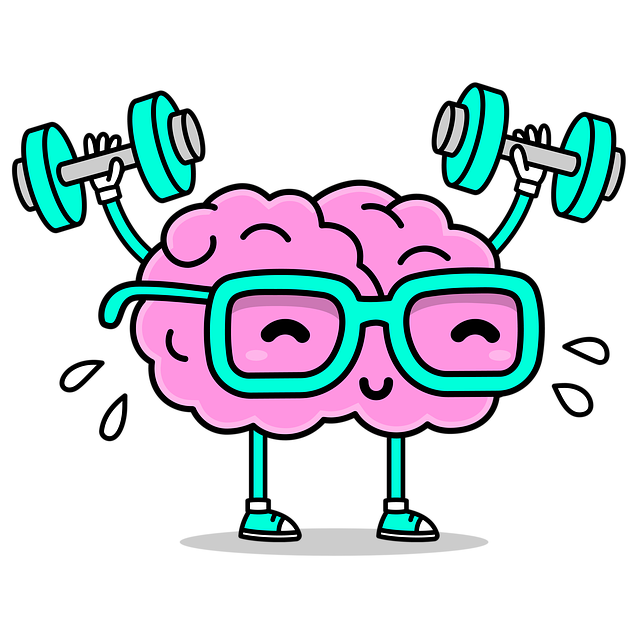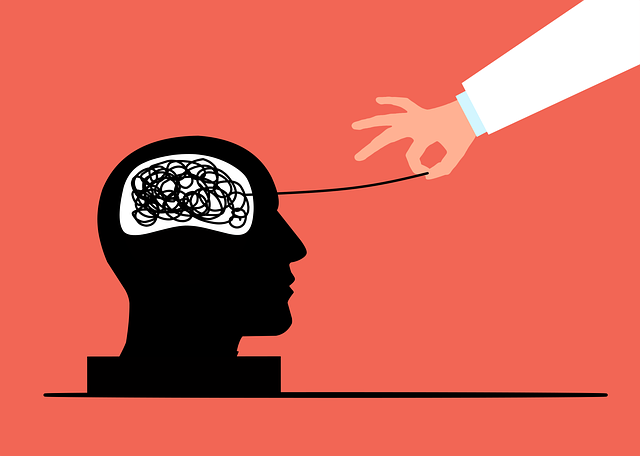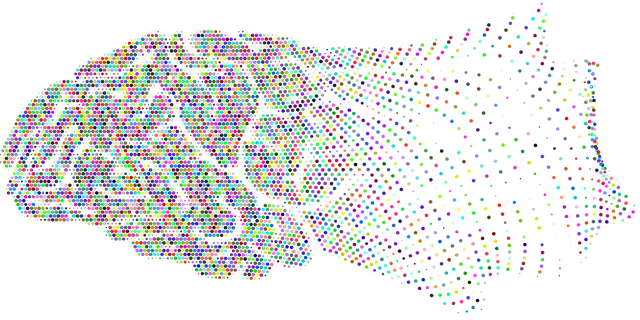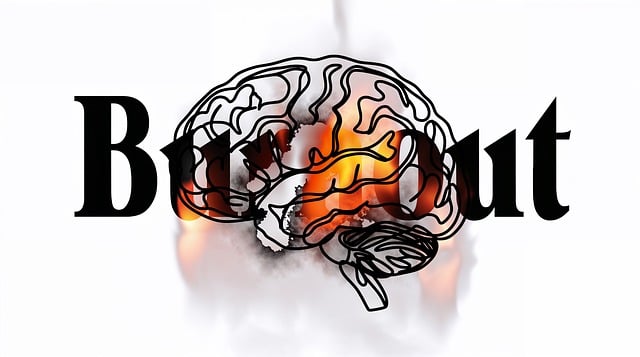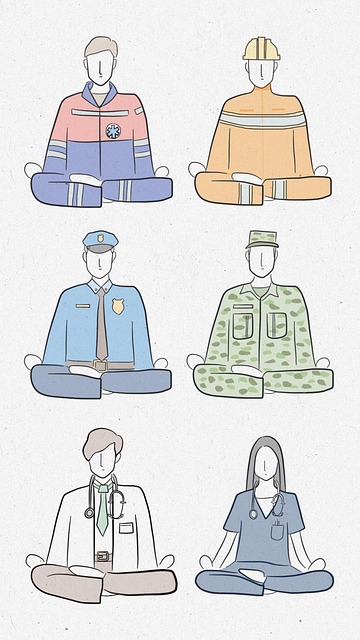Lafayette Veterans Therapy offers specialized mental wellness programs designed to support military personnel's emotional well-being, utilizing evidence-based practices for stress reduction, trauma healing, and resilience building. Their crisis intervention guidance and comprehensive evaluations, combining quantitative data and qualitative feedback, ensure effective coping strategies and tailored care. Through structured tools, behavioral tracking, and demographic analysis, they measure program effectiveness while in-depth interviews, focus groups, and case studies reveal personal growth. Lafayette Veterans Therapy prioritizes continuous improvement through client and provider feedback, dynamic workshops, and regular post-session evaluations to meet evolving veteran needs.
At Lafayette Veterans Therapy, mental wellness programs are continually evaluated to ensure optimal support. This article explores effective evaluation methods used by Lafayette Veterans Therapy, highlighting the critical role of program assessment in therapy. We delve into quantitative approaches for gauging success through data analysis and qualitative techniques offering nuanced insights. By integrating feedback from participants, Lafayette Veterans Therapy fosters continuous improvement, ensuring its programs remain impactful and tailored to veterans’ unique needs.
- Understanding Mental Wellness Programs at Lafayette Veterans Therapy
- The Importance of Program Evaluation in Therapy
- Methods for Assessing Effectiveness: Quantitative Approaches
- Qualitative Evaluation Techniques for Deeper Insights
- Integrating Feedback for Continuous Improvement at Lafayette Veterans Therapy
Understanding Mental Wellness Programs at Lafayette Veterans Therapy

At Lafayette Veterans Therapy, understanding mental wellness programs is paramount to their mission of supporting veterans’ emotional well-being. They offer a range of specialized services tailored to address unique challenges faced by military personnel, both during and after service. These programs integrate evidence-based practices and innovative techniques for stress reduction, trauma healing, and resilience building.
Lafayette Veterans Therapy’s mental wellness coaching programs development focuses on empowering individuals with coping strategies that enhance their overall emotional well-being promotion techniques. Crisis intervention guidance is a cornerstone of their approach, ensuring veterans have access to immediate support during times of distress. Through these comprehensive initiatives, Lafayette Veterans Therapy strives to create a supportive environment where veterans can navigate and overcome mental health challenges effectively.
The Importance of Program Evaluation in Therapy

Program evaluation is a cornerstone of effective therapy practices, especially at centers like Lafayette Veterans Therapy, where helping individuals navigate complex mental health journeys is paramount. It involves systematically assessing and measuring the outcomes of therapeutic interventions, ensuring that services provided align with client needs and desired goals. This process goes beyond mere satisfaction surveys; it delves into quantifiable data and qualitative feedback to gauge the true impact of therapy programs.
For instance, evaluating emotional intelligence—a key component in many modern therapy approaches—can provide insights into clients’ ability to manage emotions, maintain healthy relationships, and adapt to challenging situations. Similarly, risk assessment for mental health professionals is crucial to identifying potential hazards within therapeutic settings and implementing necessary safeguards. By integrating Emotional Well-being Promotion Techniques into evaluation methods, Lafayette Veterans Therapy can foster a holistic understanding of client progress, ultimately enhancing the quality and effectiveness of their services.
Methods for Assessing Effectiveness: Quantitative Approaches

When evaluating the effectiveness of mental wellness programs, particularly those offered by organizations like Lafayette Veterans Therapy, quantitative approaches play a pivotal role in measuring success and impact. These methods involve the use of structured tools and data collection to assess various aspects of program participation. For instance, surveys and questionnaires can gauge participants’ satisfaction levels, self-perceived improvements in mental health symptoms, and overall well-being. Such tools often include standardized scales that have been validated for clinical populations, ensuring accurate and consistent measurements.
Quantitative assessments also extend to tracking behavioral changes related to the program’s objectives. For example, Lafayette Veterans Therapy might monitor engagement in Self-Awareness Exercises or track progress in Inner Strength Development through regular check-ins and structured interviews. Additionally, the implementation of a Community Outreach Program can be evaluated quantitatively by measuring participant demographics, geographic reach, and the number of individuals served, demonstrating the program’s ability to make an impact beyond individual clients.
Qualitative Evaluation Techniques for Deeper Insights

Qualitative Evaluation Techniques offer a powerful tool for understanding the intricate nuances of mental wellness programs, especially in the context of services like Lafayette Veterans Therapy. By delving into the experiences and perceptions of participants, researchers can uncover valuable insights that quantitative methods might miss. This approach is particularly relevant when assessing complex topics such as conflict resolution techniques and emotional healing processes, which are integral to trauma support services.
Through in-depth interviews, focus groups, and case studies, participants’ journeys and personal growth can be meticulously traced. These qualitative methods allow for the exploration of individual stories, providing a rich tapestry of data that illustrates the impact of therapy. By listening to their voices, researchers can identify common themes, challenges faced, and successful strategies, ultimately informing the improvement of mental wellness programs and ensuring tailored support for those in need, including veterans seeking trauma-focused care.
Integrating Feedback for Continuous Improvement at Lafayette Veterans Therapy

At Lafayette Veterans Therapy, continuous improvement is a cornerstone of their mental wellness program evaluation methods. Integrating feedback from both clients and healthcare providers plays a pivotal role in this process. Regularly conducting post-session evaluations allows for deeper understanding of what’s working and where adjustments are needed. This data-driven approach ensures that the therapy programs remain relevant and effective, catering to the evolving needs of veterans.
Through dynamic workshops focused on stress management, emotional regulation, and burnout prevention strategies for healthcare providers, Lafayette Veterans Therapy cultivates a supportive environment. These sessions not only equip participants with valuable tools but also provide a platform for open dialogue. Feedback from these interactive forums is meticulously incorporated into program enhancements, fostering a culture of ongoing learning and adaptation.
Evaluating mental wellness programs is paramount in ensuring their effectiveness and impact, especially at Lafayette Veterans Therapy. By combining quantitative data analysis with qualitative feedback from participants, we gain a comprehensive understanding of program success. Integrating these evaluation methods allows us to refine our approaches, adapt to individual needs, and continuously improve outcomes for veterans seeking support at Lafayette Veterans Therapy.
